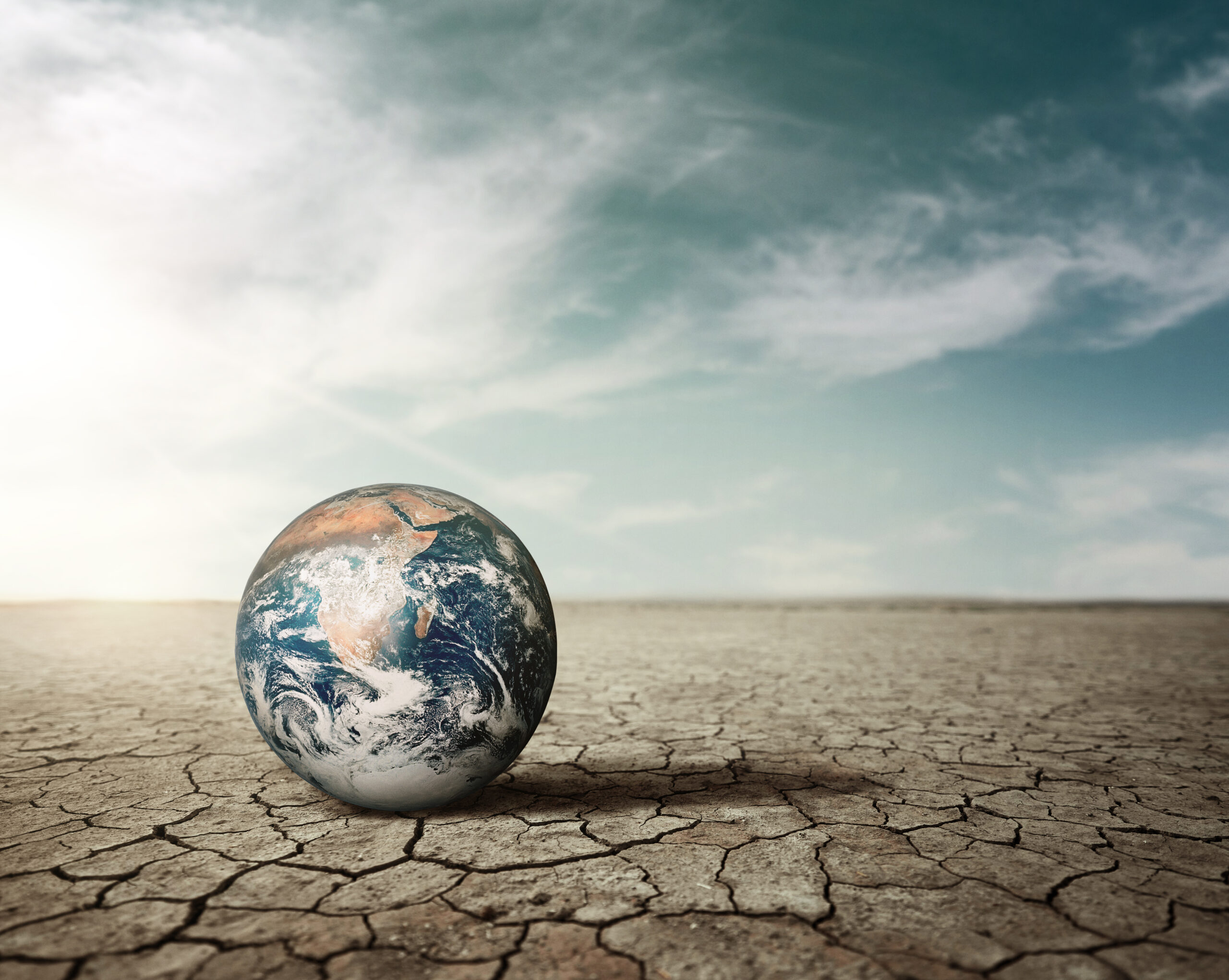
As we approach International Mother Earth Day, following yet another year of world-record temperatures, there is no better time to consider humanity’s relationship to the world we live in. Recent years have seen a seemingly never-ending series of climate-related disasters, dramatically illustrating the consequences of climate change. These emergencies are of increasing humanitarian concern, and significantly impede progress towards the UN’s Sustainable Development Goals, increasing global inequality and food insecurity, and exacerbating existing conflicts.
To achieve meaningful climate action, we must accept that global responses are not necessarily driven by scientific principles, but rather are mediated through individual beliefs and world views, and through local, national and global economics and politics. And this is not new—the details and the scale of our highly globalized modern situation may be unique, but humans have been responding to and impacting their environment since their earliest origins. Both perception and response to environmental change are inherently social phenomena that are shaped as much by culture and society as by the physical environment.
Archaeology provides context to the current crisis and illuminates the ways in which political systems, social structures, economic choices and ideology have long shaped human interactions with the environment, and how different responses can benefit (or disadvantage) various groups in society. Archaeological sites and landscapes are data repositories about ancient climates and how past societies shaped—and were shaped by—the natural resources around them. They are also an asset for developing mitigation strategies, providing critical deep-time perspectives on sustainable climate change responses by using past practices to inform future strategies. Similarly, intangible heritage represents a significant repository of traditional knowledge about local adaptation strategies.
But somehow, when we see stories in the media that discuss the impacts of climate change in the past, they focus only on describing episodes of catastrophic collapse. These stories feed into our own deep anxieties about the fate of our planet in the face of modern climate change, even though human history has much more to offer to this discussion than these stories do justice to.
Good examples come from studies of ancient food production; estimates suggest that roughly 15% of current warming levels can be attributed to greenhouse gas emissions directly related to food production, and research consistently demonstrates that human land use has a substantial impact on global climate. Examples of traditional agricultural practices from across the globe demonstrate that they provide not just sustainable models, but also lessons for improving food security.
The IPCC’s reports have been criticized in the past for the bias in their focus towards the natural sciences and positivist social sciences, such as economics, and their lack of substantial engagement with social sciences and humanities discourses, or with varied global views of climate change, particularly in the areas of archaeological evidence and traditional knowledge. Despite growing recognition of the importance of indigenous and local knowledge to mitigate climate change in some IPCC reports, the most recent AR6 synthesis report has yet to substantially engage with archaeological research, or with the ways in which traditional knowledge or historical lifeways can inform future mitigation strategies.
Climate change is a prime example of a situation in which disciplinary specialists keep talking past one another, so that we struggle to formulate feasible and impactful responses to one of the most pressing existential issues humanity has ever faced. Climate change mitigation may be the greatest challenge to confront us, and as scholars, it is our duty to create a common language and understanding, across disciplines and beyond academia, that allows people from varied horizons to work toward a more sustainable future.

